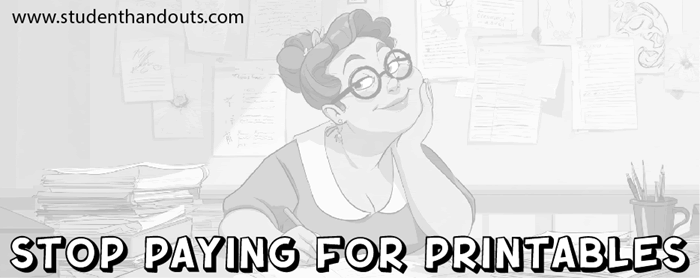Learning about Victoria Day offers K-12 students in Canada a meaningful opportunity to explore history, civics, and evolving national identity. The holiday, which honors Queen Victoria's birthday and later extended to celebrate the reigning sovereign, provides a tangible link to Canada's colonial past and its constitutional monarchy system. Students can examine how historical figures and institutions have shaped Canadian laws, traditions, and governance, fostering civic literacy and critical thinking about continuity and change.
For younger students, Victoria Day—often associated with the first long weekend of spring—can inspire lessons on seasonal changes, community celebrations, and simple timelines of Canadian history. Older students can engage in deeper analysis, such as discussing the complex legacy of the British Empire, the role of monarchy today, or comparing how national holidays reflect collective values.
Additionally, studying Victoria Day encourages inclusivity by acknowledging diverse perspectives on the holiday, including Indigenous viewpoints on colonialism and sovereignty. This promotes nuanced historical understanding and respectful dialogue, helping students become more informed and empathetic citizens. Ultimately, these lessons connect past to present, making history relevant and engaging.
Bear in mind that Victoria Day is celebrated in Scotland as well as in Canada. Educators might ask students to compare and contrast the way the holiday is celebrated in these two places.
|















































